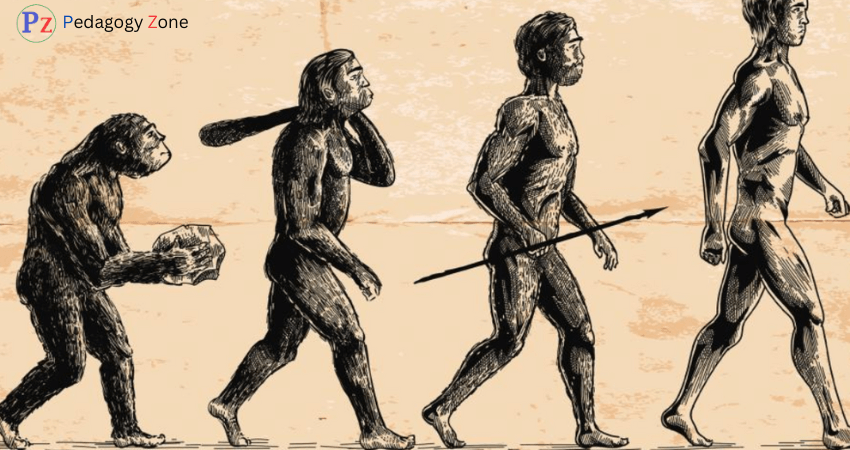In anthropology, “zeros” refer to the absence or omission of information that can reveal deeper insights about a culture or society. The concept of “zeros” was introduced by anthropologist Clifford Geertz, who highlighted that sometimes what is not said, done, or recorded can be just as meaningful as what is explicitly expressed.

Key Points about Zeros in Anthropology:
- Unspoken Assumptions: Zeros can represent the underlying assumptions, norms, and values that are so ingrained in a culture that they go unnoticed by its members. For example, the absence of discussion on a particular topic could indicate a taboo or sensitive issue in that society.
- Silences in Communication: Silences or gaps in communication can also serve as “zeros.” These can be intentional or unintentional and may reflect power dynamics, cultural norms, or social hierarchies. The lack of certain narratives or voices in historical records can be a significant “zero” that suggests exclusion or marginalization.
- Invisible Social Structures: In some cases, “zeros” can refer to the invisible or underlying social structures that shape a society. For instance, the absence of women in leadership roles in historical texts can highlight patriarchal structures that prevented women from attaining such positions.
- Research Implications: For anthropologists, identifying “zeros” is crucial for understanding the complete picture of a culture. It involves looking beyond what is explicitly present and questioning what is missing and why.
- Contextual Interpretation: The meaning of zeros can vary greatly depending on the context. In one culture, the absence of a particular ritual might suggest a deviation from the norm, while in another, it could be standard practice.
Overall, zeros in anthropology encourage researchers to pay attention to absences, silences, and omissions as they can provide profound insights into the values, norms, and power structures of a society.
Four Field Approach Anthropology
The four-field approach in anthropology is a framework that divides the discipline into four main subfields: cultural anthropology, archaeology, biological (or physical) anthropology, and linguistic anthropology. This approach is commonly used in North American anthropology and provides a comprehensive way to study humans, their societies, and their development.
1. Cultural Anthropology
Cultural anthropology focuses on the study of human societies and cultures, particularly their customs, beliefs, and social practices. Cultural anthropologists conduct ethnographic research, which involves immersive fieldwork to understand different cultural groups’ norms, values, and social dynamics. Key topics include kinship, religion, economic systems, and social hierarchies.
2. Archaeology
Archaeology is the study of past human societies through the excavation and analysis of material remains, such as artifacts, structures, and landscapes. Archaeologists work to reconstruct the lifestyles, habits, and environmental interactions of ancient civilizations. This subfield provides insights into human history, from the earliest human ancestors to more recent societies, by examining physical evidence left behind.
3. Biological (Physical) Anthropology
Biological anthropology examines the biological and evolutionary aspects of humans and their ancestors. It focuses on human evolution, genetics, primatology, and human adaptation to various environments. Biological anthropologists study fossils, skeletal remains, and genetic data to understand the physical development of humans over time and their relationship with other primates.
4. Linguistic Anthropology
Linguistic anthropology explores the relationship between language and culture. It examines how language shapes communication, social identity, cultural beliefs, and ideologies. Linguistic anthropologists study language development, variation, and use in different cultural contexts. They also explore how language reflects and influences social life, power dynamics, and cultural practices.
Integration of the Four Fields
The four-field approach allows for a holistic understanding of humanity by integrating diverse perspectives. This comprehensive view is essential in anthropology because human societies and their histories are complex and interconnected. Anthropologists often draw on multiple subfields to answer complex questions about human behavior, social structures, and evolutionary history.
| Read More Topics |
| Philosophy of Christian education anthropology |
| What is cultural resource management? |
| Is cyber security or real estate a better career |





